VPN vs Reverse Proxy: The Best Solution for Online Security
For tech enthusiasts needing to connect to a remote web server, the choice often boils down to using a VPN or a reverse proxy. A VPN offers a secure, encrypted pathway directly to your remote server, ensuring your connection remains private and protected. While highly secure, this method can be challenging to distribute among multiple users. On the other hand, a reverse proxy facilitates easier access for the public but increases the risk of exposing the server to potential threats and unwanted traffic.
In this discussion, we will explore the distinct features and operational differences between VPN vs reverse proxy. Our goal is to help you determine which tool best suits your needs for remote server access.
What Is VPN?
A Virtual Private Network (VPN) creates a secure and encrypted tunnel between a device and a network over the Internet. This encryption safeguards the transmission of sensitive data, making it virtually impossible for unauthorized parties to intercept or eavesdrop on your communications. VPNs are particularly beneficial for remote workers, as they ensure that all communications remain confidential and secure from any location.
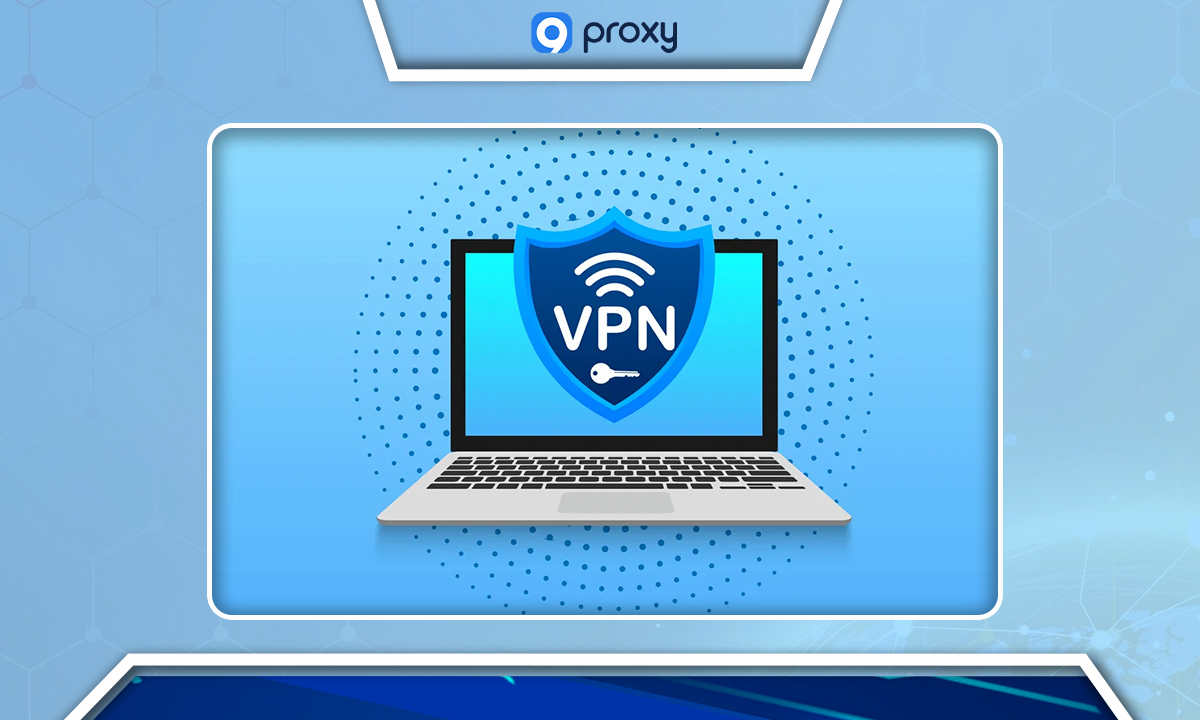
The Pros and Cons of VPN
VPN are critical tools for enhancing online security and privacy. Here are some of their advantages and disadvantages:
Pros
- Identified User Access: By configuring your web server to only allow connections via a VPN, you ensure that only authorized users can gain access. This method is ideal when you need to restrict access to a selected group of approved individuals.
- End-to-end Encryption: Unlike a reverse proxy, which does not inherently encrypt traffic, a VPN provides complete encryption of data from the moment it leaves your device until it reaches the server. This guarantees the security of your data across the Internet.
- User Access Segmentation: VPNs allow the creation of Access Control Groups. This is particularly useful in environments with multiple servers, where you can restrict access based on user roles, such as differentiating between developer and marketing teams.
- Support for Multiple Traffic Types: VPNs support a broad range of traffic types, not just HTTP/S. They can handle full tunnel encryption for various protocols, including TCP, UDP, and more specialized ones like MQTT, which are typically not supported by reverse proxies without complex configurations.
Cons
- Cost Implications: While there are many free proxy options available, free VPNs suitable for remote access are less common and often lack advanced features, which typically come with a cost.
- Dependence on VPN Functionality: If a VPN fails—due to lost keys, misconfigurations, or incompatible devices—users cannot access the server, potentially halting productivity.
- Individual Configuration Needed: Each user must be configured individually to access via a VPN. Some VPNs integrate with authentication providers to streamline this process through group-based access controls, but this often requires a paid subscription and can be labor-intensive.
What Is Reverse Proxy?
A reverse proxy functions as an intermediary server that sits between client requests (from web browsers, for example) and web servers. Its main roles are to provide a public access point and handle DNS management, while also enhancing both security and performance.
Commonly implemented by hosting companies, reverse proxies are a standard practice in managing web traffic. However, businesses and individuals need to consider their specific use cases to decide if a reverse proxy is appropriate. For example, if a web application is intended solely for an internal team, using a reverse proxy might not be as beneficial unless it is configured very carefully to suit these specific needs.
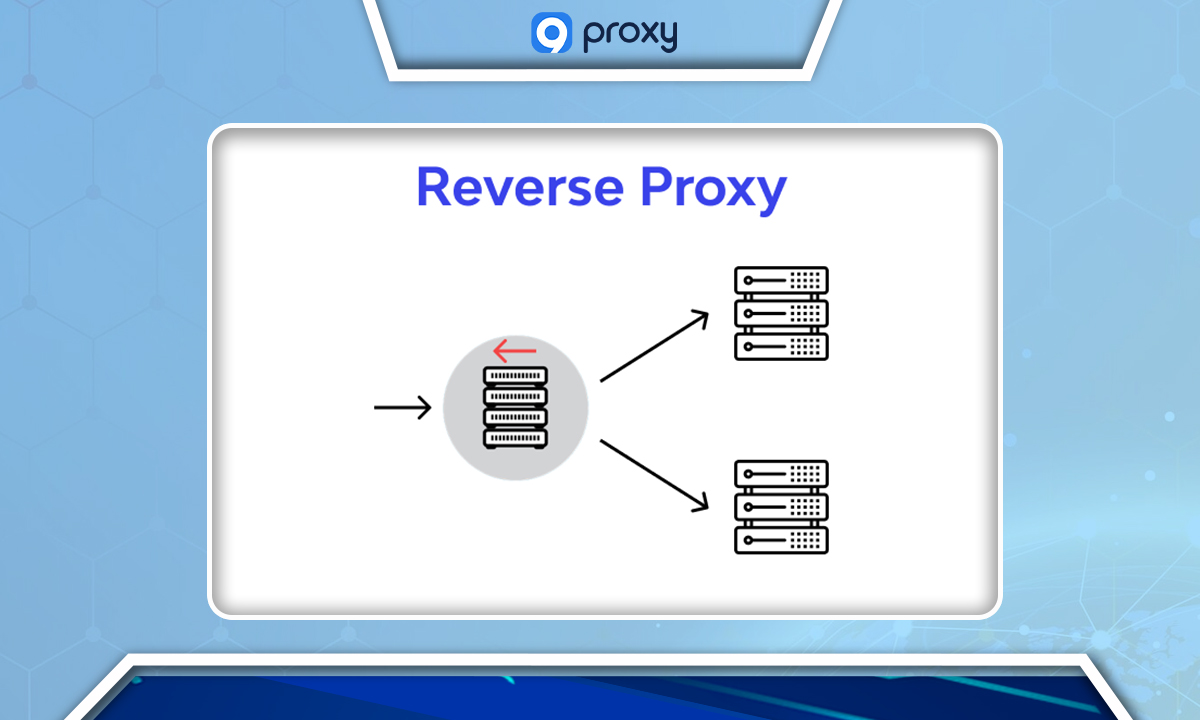
The Pros and Cons of Reverse Proxy
Using a reverse proxy is a strategic decision for anyone looking to make their web services publicly accessible. Here’s a breakdown of the advantages and disadvantages:
Pros
- Centralized Auditing Point: A reverse proxy consolidates all incoming traffic through one point, allowing you to manage it with a single firewall. This setup not only simplifies security management but also reduces the complexity and cost compared to implementing separate firewalls for each server.
- Reduces Server Workload: By handling tasks like data compression before forwarding requests to your internal servers, a reverse proxy alleviates the workload on these servers. This boosts their efficiency and performance, freeing them up to handle other critical tasks.
- Simplifies Public Access: A reverse proxy eases the process of making your server publicly accessible. It allows for straightforward integration of SSL encryption and simplifies the overall configuration needed to secure your network.
Cons
- Single Point of Failure: A significant drawback of using a reverse proxy is that it creates a single point of failure. If the reverse proxy fails, it can render all the services behind it inaccessible, potentially impacting many websites or applications.
- Vulnerability to DDOS Attacks: As the gateway to your services, a reverse proxy is an exposed target for DDoS attacks. Such attacks can disrupt your service availability, causing delays or downtime for your users. Additionally, misconfigured web apps can unintentionally flood your server with excessive requests, further stressing the importance of rate limiting.
- Risk of Overexposure: While it is theoretically possible to secure a reverse proxy to limit access strictly to intended users, practical implementations often fall short. Default or inadequate configurations can inadvertently open your application to unauthorized access.
Difference Between VPN vs Reverse Proxy
VPNs and reverse proxies are intermediary technologies that bolster network security and performance. However, they cater to different needs and function in unique ways:
Security
A VPN provides end-to-end encryption between the user's device and the remote server, ensuring that sensitive data remains private and secure. This makes VPNs effective for protecting all data sent over the internet, including personal information, credit card details, and confidential business data.
On the other hand, a reverse proxy enhances web security by protecting servers from direct access, filtering incoming malicious traffic. It prevents DDoS attacks and similar IP-based cyber threats by hiding the server's real IP address, making it difficult for attackers to target the website directly.
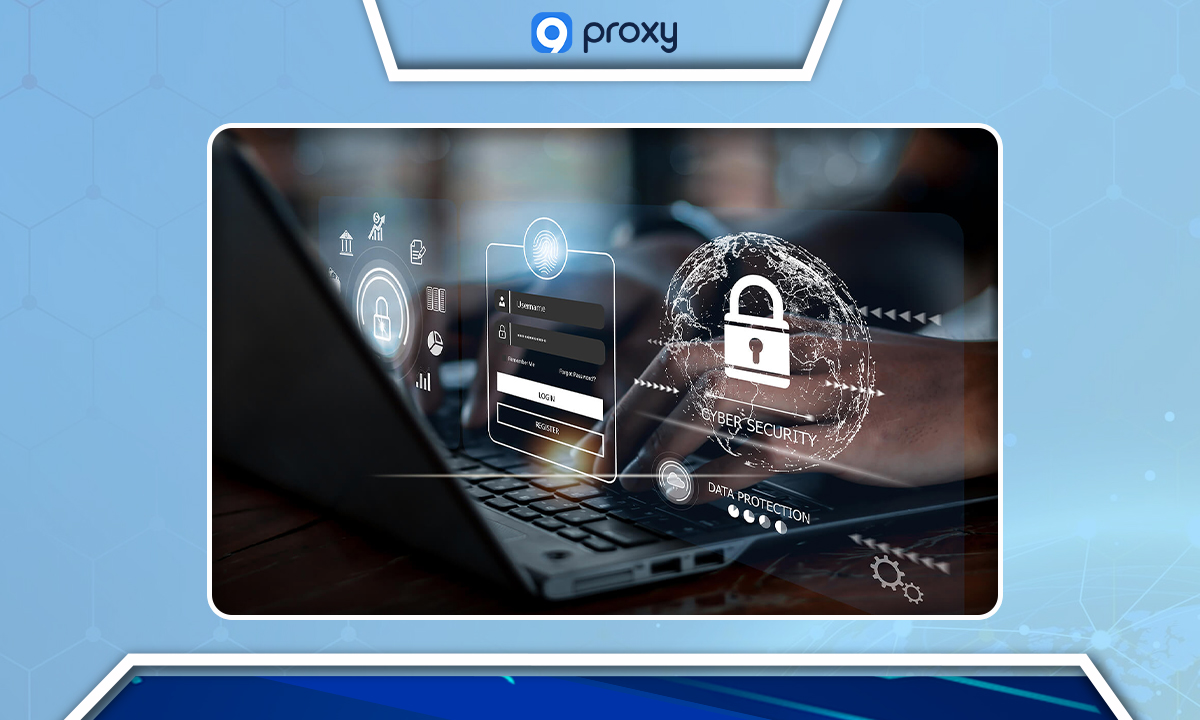
Anonymity
A VPN hides clients identities by concealing their IP addresses and encrypting all traffic, making it tough for ISPs or unauthorized users to track or intercept data. Meanwhile, a reverse proxy hides the IP addresses of web servers, shielding them from direct attacks on the website, online database, or application.
Speed
A VPN can sometimes slow down internet speeds because of the encryption and decryption processes required to maintain a secure connection. On the other hand, a reverse proxy can boost website response times and enhance server performance by caching content and reducing the load on the server.
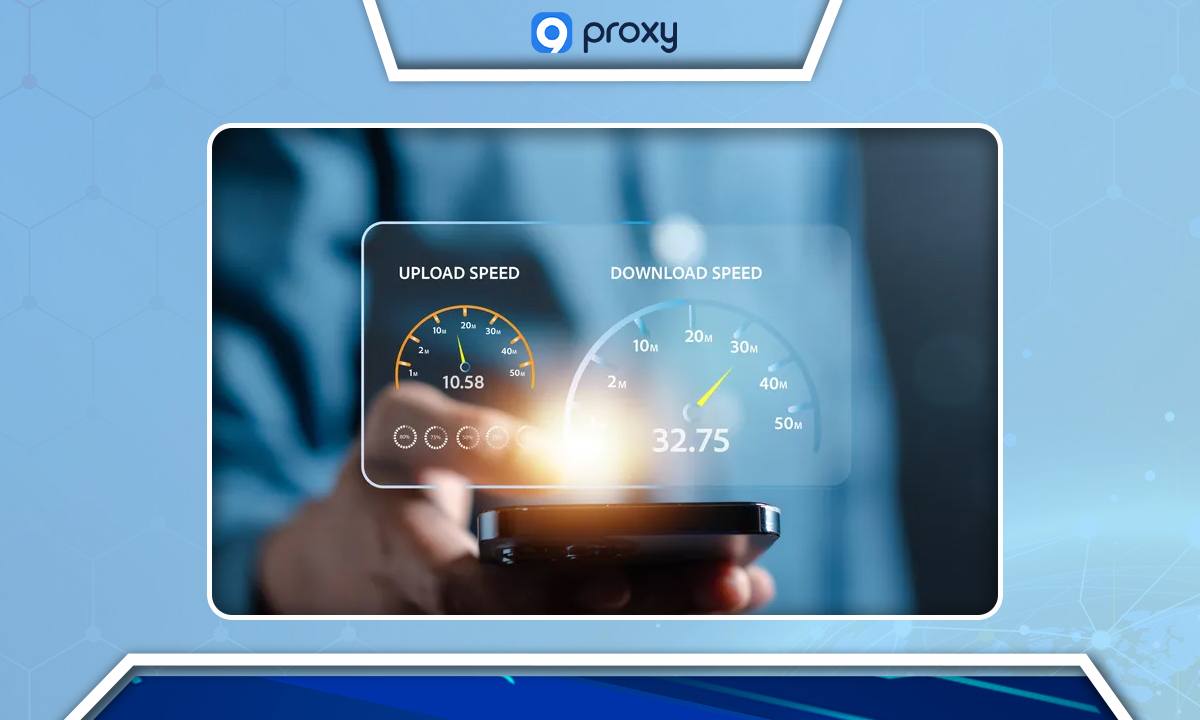
Cost
VPNs come in both free and paid options, offering different levels of security and features. Similarly, reverse proxies can be free or paid, depending on the specific implementation and features required.
Communication
A VPN serves as an intermediary between a client (device) and the internet, ensuring secure and private access to a private network. Meanwhile, a reverse proxy functions as an intermediary between web servers and the internet, bolstering server security and enhancing website performance.
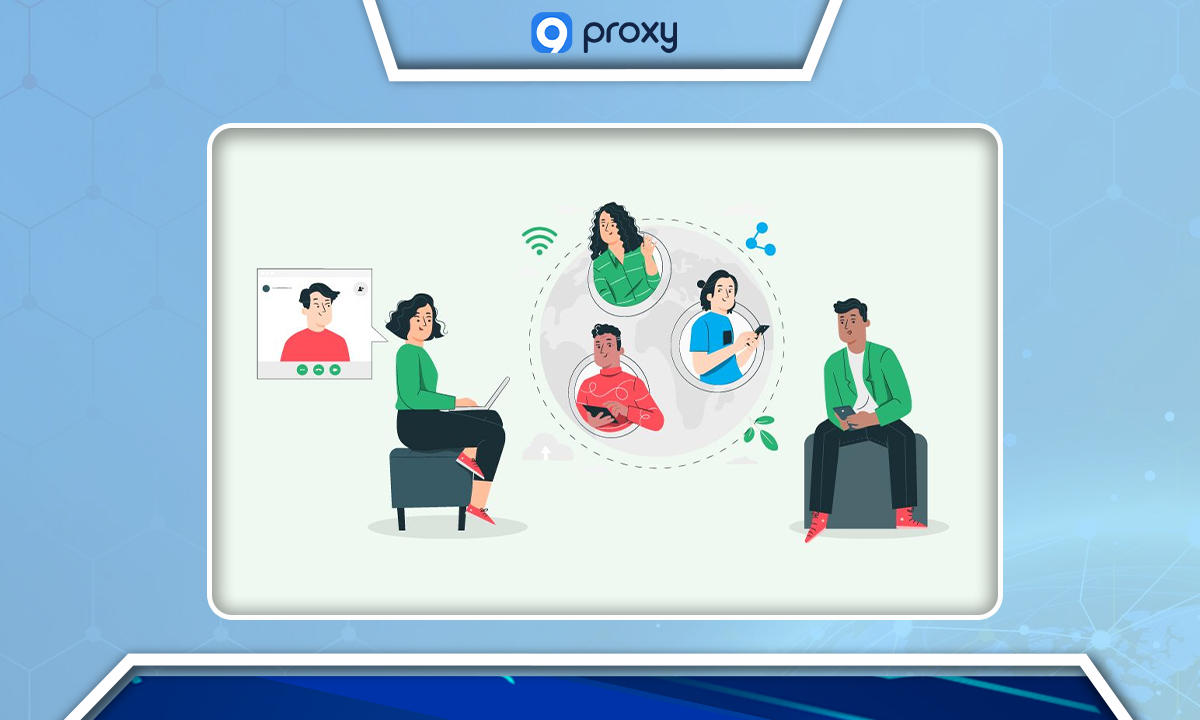
When to Use a VPN or Reverse Proxy?
Understanding the optimal scenarios for using a VPN or a reverse proxy can significantly enhance your decision-making process when choosing the right tool for various situations.
VPN: Securing Data Transmission Over the Internet
VPNs provide a secure pathway for your data across the internet and are especially useful in the following scenarios:
- Remote Work: VPNs enable secure connections to a company’s network for remote workers or employees in different locations through business VPNs and VPN bridges.
- Public WiFi Protection: When using public WiFi networks, which are often unsecured, a VPN protects your data from potential hacking and unauthorized tracking.
- Circumventing Censorship and Monitoring: In regions with restricted or monitored internet access, VPNs are crucial for maintaining privacy and security, allowing users to navigate online without constraints.
- Geo-Unblocking: VPNs allow users to bypass geographical restrictions by masking their IP address, giving them access to content from various locations worldwide.
- Private Data Protection: The encryption provided by VPNs ensures that sensitive personal information—such as credit card details, health records, or other private data—remains secure from prying eyes.
Reverse Proxy: Enhancing Web Security and Performance
Reverse proxies are configured to assist with specific tasks that enhance the functionality and security of web services:
- Workload Balancing: A reverse proxy effectively distributes incoming traffic across multiple servers. This is crucial during high traffic periods to maintain stable and efficient website performance.
- Web Caching: By caching frequently accessed content, a reverse proxy speeds up response times and reduces the load on the origin server, making information retrieval faster for the user.
- Website Security: It plays a vital role in safeguarding against DDoS attacks and keeping your website’s IP address private. Additionally, it filters out malicious traffic and prevents unauthorized access to your web resources.
FAQ
Can a reverse proxy provide the same privacy as a VPN?
No, a reverse proxy does not offer the same level of privacy as a VPN. While a reverse proxy can enhance security by controlling access to servers and managing web traffic, it does not provide end-to-end encryption. VPNs encrypt data across the entire transmission path, ensuring that sensitive information remains private and secure from potential interceptions.
Can a VPN replace a reverse proxy?
No, VPNs and reverse proxies fulfill different functions. VPNs are designed to secure data transmissions over the internet by encrypting all traffic between a device and the network. This makes them ideal for protecting personal and organizational data. On the other hand, reverse proxies are used to manage and distribute traffic to backend servers, enhancing performance and security at the application layer but not providing complete data encryption.
What types of organizations benefit most from using a VPN?
Organizations that benefit the most from VPNs typically have remote or mobile workforces, deal with sensitive data, or operate in multiple geographic locations. VPNs are essential for these entities as they ensure secure, private communication and data transfer across different network environments. This is particularly important for maintaining the confidentiality and integrity of critical business information and for supporting seamless operations across dispersed teams.
Conclusion
VPN vs reverse proxy offer distinct advantages and challenges when it comes to performance, security, and user experience.
A reverse proxy is effective in managing and optimizing web traffic, making it an essential tool for public-facing web applications and websites with substantial content. On the other hand, a VPN provides secure access to private networks or the internet, catering to users who prioritize privacy and security.
Typically, VPNs are favored by individuals and organizations looking to shield their online activities from prying eyes, whereas reverse proxies are often implemented by businesses to enhance website performance and manage traffic loads efficiently.
Ultimately, the choice between using a reverse proxy or a VPN should be guided by your specific needs—whether it’s enhancing website performance or securing your online activities.
Get Newsletters About Everything Proxy-Related